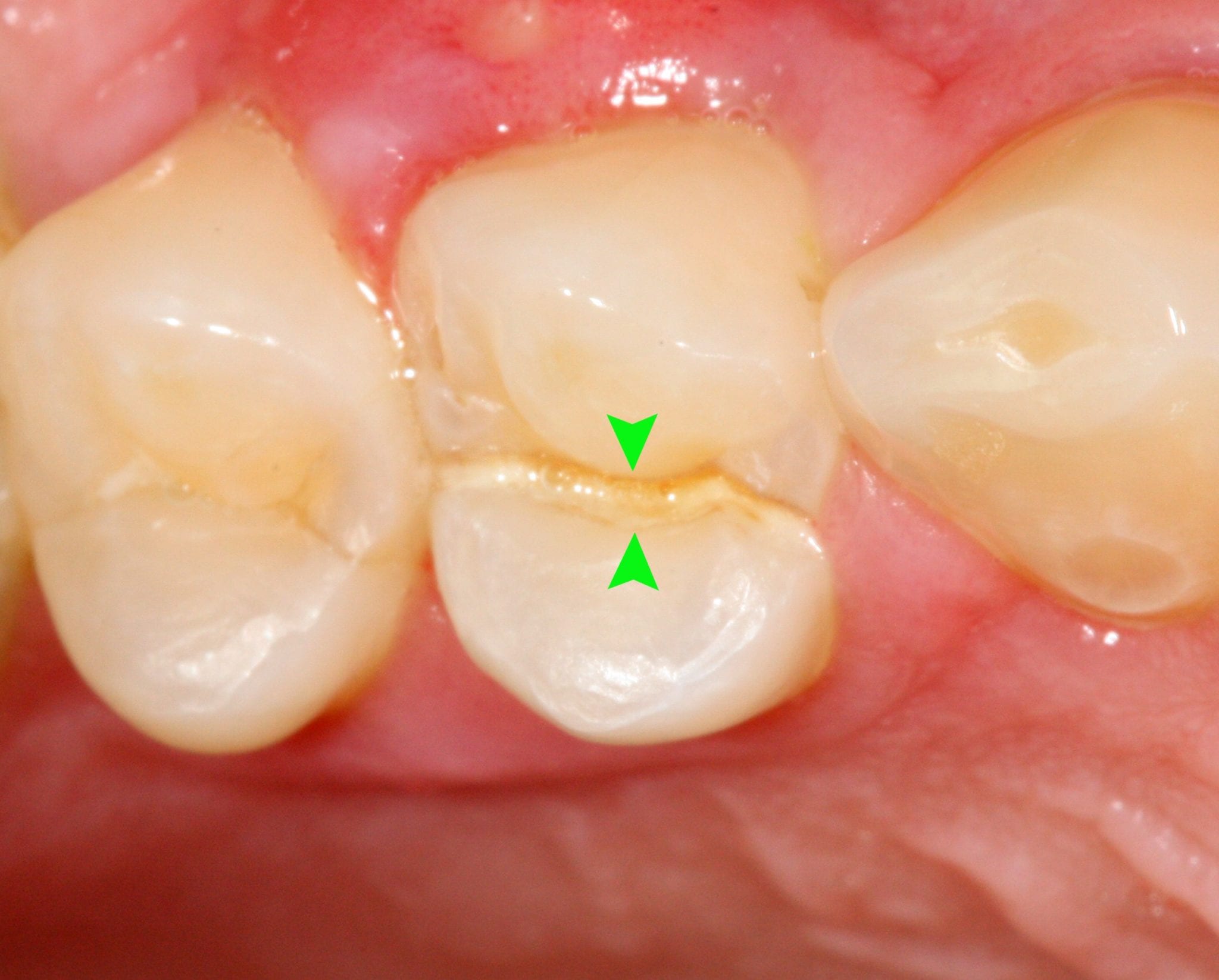
Did you know that it’s possible to have a cracked tooth and not even realize it?
Below we’re going to teach you everything you need to know about cracked teeth, and how a skilled dentist can provide solutions for you.
Determining Whether or Not You Have a Tooth That Is Cracked
Teeth can become cracked from sports injuries, wear and tear from eating hard foods or crunching on ice, or other traumas. A crack can be visible to the naked eye, or it may be so thin you can’t see it. Moreover, because the pain can waver back and forth, you may not notice it at first.
It may feel sharp when you chew. Or spike when you drink a hot or cold beverage. You feel pain from a cracked tooth because the pulp deep inside your tooth is exposed. The pulp encases nerves, which are sensitive to pain and temperature shifts.
If you experience any of these erratic symptoms, it’s best to call a dentist right away so your tooth can be treated.
Why? Because a skilled dentist will be able to detect whether you have a crack in your tooth with a simple examination.
If the crack is left untreated, the pulp can become infected. At that point, a root canal may be needed to remove infected pulp, or the tooth may need to be extracted. However, early examination and treatment can remove the need for those extreme measures.
The Different Kinds of Cracked Teeth
A cracked tooth can take several different forms:
Craze lines: These are shallow cracks that cause no concern and need only cosmetic treatment. They are surprisingly common among adults.
Deep crack: Once a crack travels below the tooth’s exposed surface into the root, it cannot be treated. Extraction will be necessary. This measure may be avoidable with early detection.
Fractured cusp: A break near a filling where the enamel comes off. This can be fixed with a replacement filling or a crown.
Split tooth: This kind of crack occurs after a long time without treatment. A skilled dentist will know if a portion of the tooth can be saved to rebuild the tooth.
Root fracture: Sometimes the root itself becomes cracked below the surface. A crack like this will become noticeable only when the gums and bone near the tooth experience decay. Extraction or oral surgery can solve the problem.
Preventative Measures You Can Take
To keep cracks from occurring or worsening, follow these guidelines:

- Avoid chewing on hard foods, like hard candy, popcorn kernels, and ice.
- Don’t place hard objects like pens or pencils in your mouth.
- If you grind your teeth at night, wear a mouth guard to reduce your risk.
- Use a mouth guard when you play sports.
When you break your arm, the bone will eventually heal and fuse back together. Unfortunately, cracked teeth do not become whole again. A crown will provide good protection against a worsening crack, but it cannot be considered a guarantee. Still, it’s important to seek treatment to relieve your pain, protect your gums and bone, and head off further problems.
Consult with your dentist to learn the best solution for you. Your dentist can discuss whether you need simple polishing for a craze line, a crown to repair a fractured cusp, or if you need a root canal for a split tooth, deep crack, or root fracture. Reach out today for a free initial consultation.






